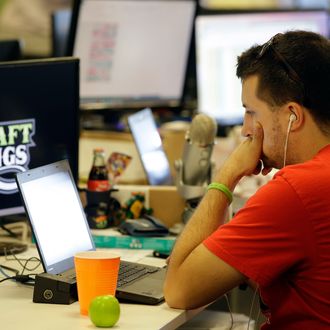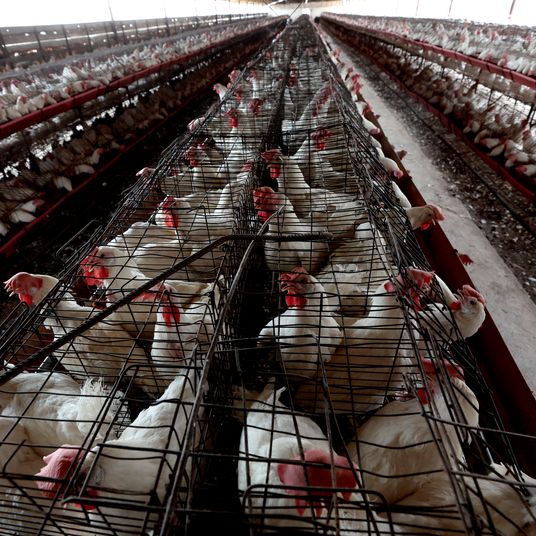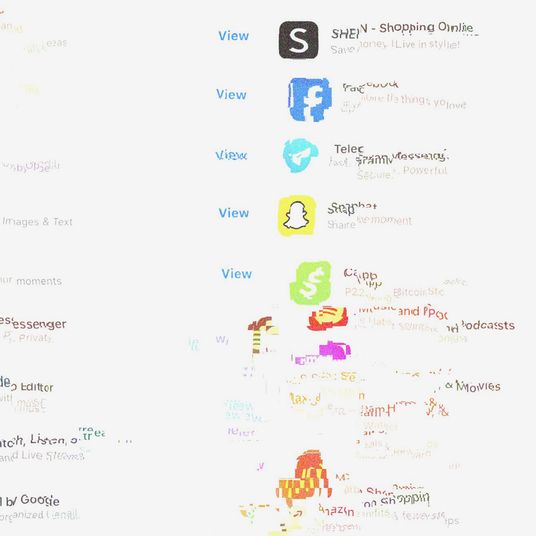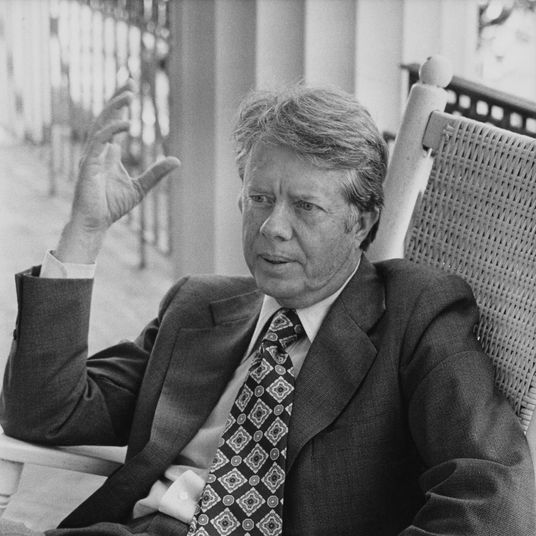
You can make real money on fantasy football — if you happen to be employed by a fantasy-football company.
On Monday night, the New York Times revealed that an employee of DraftKings made $350,000 on the rival fantasy platform FanDuel this past Sunday — possibly with the help of insider information. The employee, DraftKings writer Ethan Haskell, sparked suspicions of impropriety when he inadvertently leaked his company’s data on users’ rosters and lineups before the start of Sunday’s NFL games. If Haskell had personal access to that information before he selected his own lineup on FanDuel, it would have given him an advantage analogous to insider trading.
To win big in daily fantasy sports, you need to identify under-the-radar players who are poised to outperform expectations. With all fantasy managers forced to stay beneath a given salary cap, no one on DraftKings or FanDuel can win simply by stacking a roster with all of the NFL’s best players. Instead, one wins by having the foresight or fortune to pick that week’s highest-performing top-tier talent, along with a few surprise contributors that nobody else put on their rosters. Since the structures of FanDuel and DraftKings are nearly identical — right down to the player prices — Haskell could have used his access to DraftKings’ lineup data to find out which potential overachievers everyone else was overlooking.
But Haskell didn’t. At least that’s the conclusion of DraftKing’s internal investigation, which found that Haskell did not receive the league’s lineup information until 40 minutes after FanDuel’s deadline for setting rosters.
The trouble for DraftKings is that, even if Haskell is eventually exonerated in this incident, its business is suddenly dealing with increased scrutiny. Fantasy football is booming. Owning a platform like DraftKings is like owning a casino, except this betting market is legal in all but five states, carries virtually no overhead, and is closely linked with the most popular entertainment product in the United States: the NFL. Those qualities have allowed both DraftKings and FanDuel to ride waves of venture capital to billion-dollar valuations. But their entire existence depends on the survival of a single carve-out in the Unlawful Internet Gambling Act of 2006.
That legislation outlawed online poker, but thanks to the steadfast efforts of lobbyists from the NFL, it declared fantasy sports a game of skill rather than chance. Therefore, using that logic, it is not a form of illegal gambling.
At the time, fantasy football was predominately a season-long competition among friends. Now that it has morphed into mostly one-day fantasy contests arranged by billion-dollar corporations, some lawmakers are reconsidering the exemption.
Representative Frank Pallone Jr. of New Jersey told the Times last night that he recently requested a hearing to explore the relationship between fantasy sports and gambling, saying, “I really think if they had to justify themselves at a hearing they wouldn’t be able to.”
Dr. Timothy Fong of UCLA’s Gambling Studies Program seconds that assessment. “Yes; it isn’t even a debate,” Fong told ThinkProgress when asked if fantasy sports should be considered a form of gambling. “You’re putting money up on an event of uncertain outcome in expectation or hope of winning a larger reward. That’s the definition of gambling.”
Still, playing fantasy sports isn’t the same as playing the slots. Skill really can be a factor — but the average player is up against an elite few who use elaborate statistical models to assemble rosters engineered to win. Over the first half of this year’s fantasy-baseball season, only the top 1.3 percent of the players on DraftKings and FanDuel made back their entry fee, according to a report from Sports Business Journal. The big winners tend to look like Saahil Sud, a graduate of Amherst College’s economics program who spends 8 to 15 hours every day scraping data from public resources and feeding them into his custom-built predictive models.
Whether Haskell had access to proprietary information, he almost certainly spent more of his working hours studying the ins and outs of fantasy football than the people he won $350,000 from. Even if fantasy platforms completely eliminated all instances of “insider trading,” they would still redistribute large sums of money from the great mass of amateur players — including a significant number of gambling addicts — to professionals like Haskell.
“The consistent winners win through skill,” fantasy-football writer Mike Beers told the Daily Dot back in August. “But they are taking that money off of a lot people who are just there to gamble.”






























